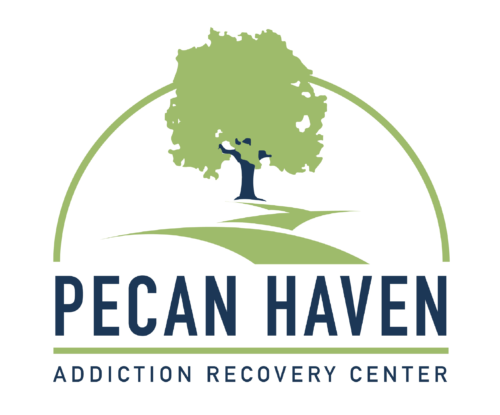Recovery from addiction is an intensely challenging journey. It requires dedication, support, and personal resilience.
During the process of recovery, individuals will inevitably experience various triggers and challenges. The urge to smoke is certainly one of these, especially if smoking is a current or past issue the individual has struggled with.
Smoking is often used as a coping mechanism for people in recovery, but at some point, it’s essential to find healthier alternatives to help you cope during your recovery journey.
1. Understand your triggers
Just like you might experience certain triggers that tempt you to use your substance of choice, you’ll likely also experience triggers that prompt the urge to smoke.
Triggers vary from person to person, but some of these triggers might include stress, boredom, tense social situations, or emotional discomfort.
If you learn to identify these triggers as they occur, you’ll also be able to develop new coping mechanisms to handle them effectively without smoking.
2. Create a smoke-free environment
Your environment always plays a crucial role in your recovery. It might be helpful during your recovery journey to distance yourself from people and places that trigger the urge to use substances. The same is true for quitting smoking.
Turn your living space and surroundings into smoke-free zones. Get rid of your cigarettes, lighters, and ashtrays in order to reduce the visual cues that might tempt you to smoke.
3. Mindfulness and relaxation
Developing healthy coping mechanisms can go a long way during your recovery journey. Learning about various mindfulness and relaxation techniques, like deep breathing, meditation, and yoga, can help you to effectively manage stress and anxiety without resorting to smoking or compromising your recovery.
Utilizing these practices can help you to promote a sense of calm and self-awareness, which can help you respond to your cravings in a calm and controlled manner.
4. Seek support
The process of recovery from addiction is a group effort. It’s tremendously helpful if you surround yourself with people who are also committed to recovery. At Pecan Haven, you’ll be working with counselors, therapists, and support groups– all of whom can provide you with guidance, suggest coping strategies, and lend a listening ear to help you through challenging moments.
If you currently live with a smoker, it might be helpful to ask them to work together toward quitting. It’ll benefit both of you in the long run, and it’ll make your efforts to quit smoking easier if there isn’t someone smoking in your direct environment.
5. Get moving!
One major drawback of smoking is the fact that it can make it more difficult to breathe– making sports and other physical activity more difficult and less appealing.
While you’re working toward quitting smoking, we’d recommend you try going for a walk or engaging in other forms of exercise. Tennis, pickleball, frisbee– whatever feels right and gets you moving!
Physical activity releases endorphins, which are natural mood enhancers. These can reduce the urge to smoke, and just make you feel good in general.
Stay strong
At Pecan Haven, we’re committed to helping you achieve lasting recovery. While smoking during early recovery is common, it’ll greatly benefit you in the long run to start the process of quitting as soon as possible.
By understanding your triggers, seeking support, and adopting healthier coping strategies, you can overcome the challenges ahead of you and enjoy a brighter future (and a longer life!)
If you’re ready to get started on your personal road to recovery, please give us a call or fill out our online assessment today!
